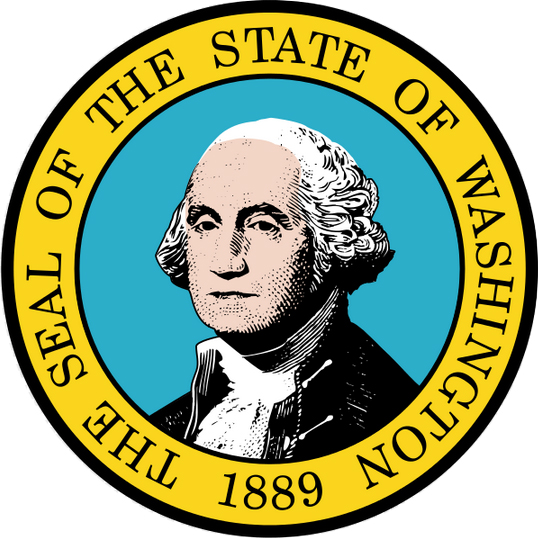Part 1 of 2 Parts
In 1983, the Washington State Legislature passed a bipartisan bill that banned preparations for nuclear war attacks. The bill specifically banned planning for the evacuation and relocations of citizens in major cities. The Reagan administration had been cranking up the tension between the U.S. and the Soviet Union. The reason given for an evacuation planning ban for Seattle and other big cities in Washington was that the Washington legislature feared that planning for evacuation could anger the Soviet leadership.
In the early 1980s, a Reagan administration official said publicly that you could protect your family from nuclear attack by digging a hole in your yard, putting a door over it and shoveling dirt over the door. This is, of course, ridiculous. Reagan was a warmonger in the early Eighties and worked hard to reignite the Cold War which had been fading. He and his administration were all too ready to think the unthinkable and decide that the U.S. could “win” a nuclear war. Easy enough for him to say when he knows that if a war started, he would be whisked away to a deep bunker with its own water, air and power to ride out a nuclear attack.
I happen to know something about evacuation planning for the City of Seattle, Washington. I was asked by the Physicians for Social Responsibility to analyze a rough sketch of an evacuation plan for Seattle in the year before the legislature passed the ban. I found a study on evacuation possibilities for the city of Denver which shares some similarities to Seattle. Like Denver, Seattle only has a handful of major routes out of the city. Evacuees would have limited choices to go north, east and south. Bodies of water block prevent evacuation to the west.
The Washington State Department of Transportation has detailed analyses of traffic flows. There are always problems on highways from accidents to stalled vehicles that have run out of gas. These problems increase as the number of vehicles on a highway increases. They can estimate the number of vehicles that would be trying to flee Seattle in case of an evacuation order. Running the numbers, it is likely that within twelve hours of an evacuation order, every major route out of Seattle would be blocked by accidents and stalled vehicles. Emergency vehicles would have great difficulty getting to and clearing such blocks.
The preliminary Seattle evacuation plan said that Seattle should be evacuated in three days. Considering traffic problems that would be inevitable, it would probably take more like three weeks to evacuate Seattle. There would be enormous logistical problems to take care of millions of people out on the highways unable to move their cars. They would be even more exposed to the effects of a nuclear attack than if they had stayed home.
While the explanation given for the evacuation planning ban is that it might upset the Soviets and make an attack more likely, the truth of the matter is the simple fact that it would be impossible to empty Seattle in a few days if there was concern over a possible nuclear attack. It was just not a practical idea. And thinking that it was practical could have contribute to the aggressive attitude of President Reagan and his administration.
The Washington Governor and Legislature basically told the Reagan administration that they would not cooperate in his effort to make the survival of nuclear war more “thinkable.” The Reagan administration retaliated against the Washington Governor and Legislature by saying that if an evacuation plan was not drawn up for Seattle, they would cut some of the federal funds that were supposed to go to the State of Washington. The Washington Governor and Legislature were unimpressed and basically told the Reagan administration to keep their money. The bills authorizing the ban on evacuation planning were passed and it became the law in Washington.
Please read Part 2
